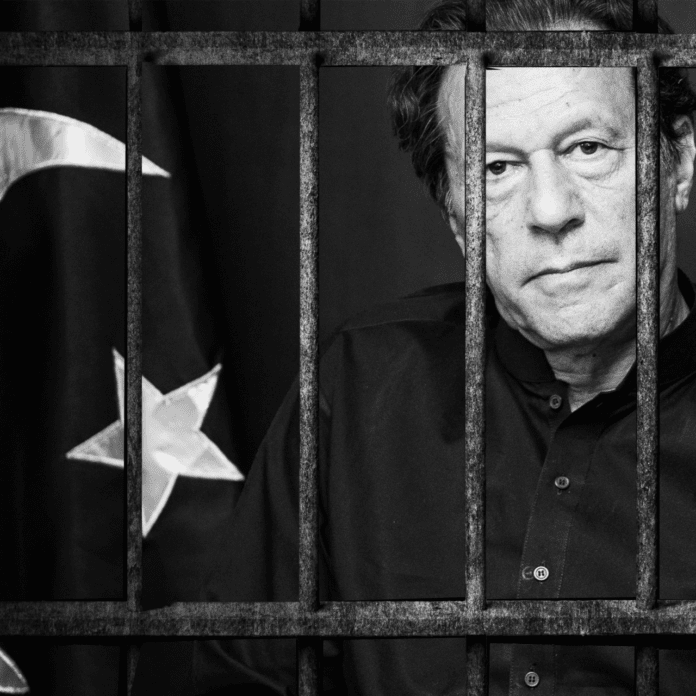In a stunning legal development, former cricket sensation and current Prime Minister of Pakistan, Imran Khan, has been convicted in what is known as the Toshkhana case. The verdict imposes a three-year jail term and a fine of 100,000 rupees on Khan. However, the details surrounding the conviction have been met with intense scrutiny and have sparked a wave of controversy.
The Charges: Misdeclaration vs. Non-disclosure
The crux of the case revolves around gifts that Khan allegedly purchased from the state repository, Toshkhana, and subsequently sold. Prosecutors argue that Khan failed to declare these gifts to the Election Commission. However, this argument is not without dispute. The defense maintains that Khan did, in fact, declare all these assets to the tax authorities. Therefore, the debate centers not on non-disclosure, but rather on whether the correct entity was informed.
Critics contend that penalizing Khan for misdeclaration, especially when he had not concealed any financial transactions from the tax authorities, seems excessively punitive. They emphasize that Khan did not hide any financial information, suggesting a lack of malicious intent.
Questioning the Impartiality of the Trial
Further fueling the controversy is the alleged bias of the presiding judge, Humayun. Multiple sources claim that the trial lacked impartiality and assert that Judge Humayun was specifically chosen to ensure Khan’s conviction. These claims are amplified by reports indicating that Khan was not granted the fundamental principles of a fair trial.
Among the alleged procedural irregularities was the apparent restriction on Khan’s defense team to submit crucial evidence and call witnesses to support his innocence. Such restrictions deviate significantly from standard court practices, casting doubts on the legitimacy of the trial.
The Broader Implications
Beyond the implications for Khan individually, this verdict has broader ramifications for the political landscape in Pakistan. Khan’s supporters argue that the case is politically motivated, with the aim of undermining both Khan and his administration. They view the excessively severe punishment for what appears to be an administrative oversight as indicative of a deeper vendetta.
In contrast, Khan’s detractors perceive the conviction as evidence of corruption and mismanagement within his administration. They believe that the case highlights Khan’s inability to uphold the rule of law, even in his personal affairs.
Conclusion
The conviction of Imran Khan in the Toshkhana case underscores the contentious and often controversial nature of politics in Pakistan. While the merits of the case can be debated, it is irrefutable that the conduct of the trial has raised numerous concerns. As Pakistan grapples with this verdict, questions regarding the integrity of the judicial system, political maneuvering, and the notion of justice itself come to the forefront.
